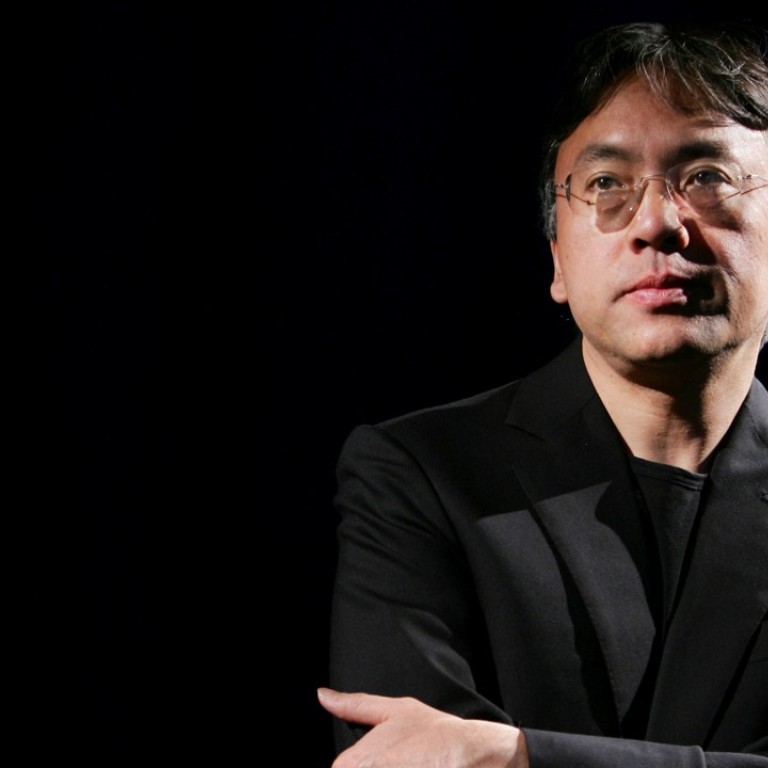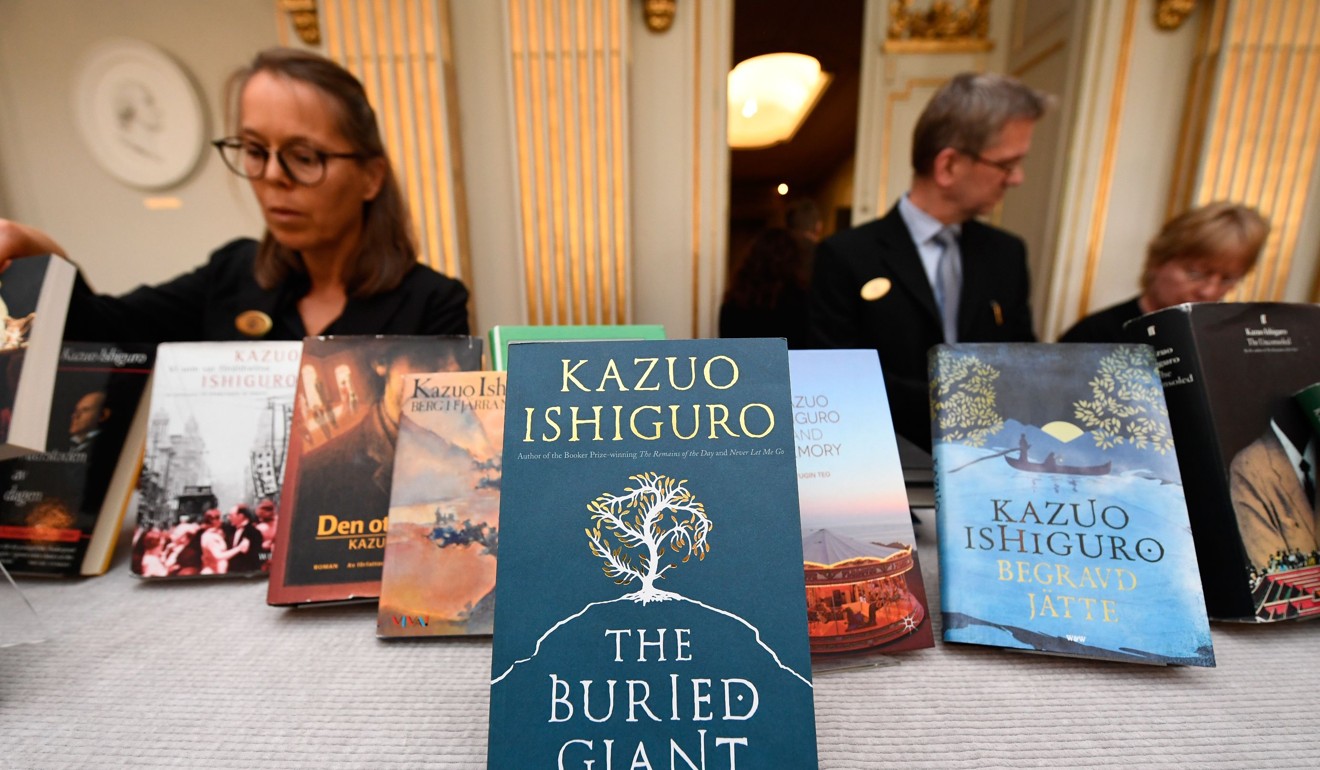
Flabbergasted and flattered: Kazuo Ishiguro wins 2017 Nobel Prize for Literature
The award marks a return to a more mainstream interpretation of the category after the 2016 prize went to American singer-songwriter Bob Dylan
British author Kazuo Ishiguro won the Nobel Literature Prize on Thursday, joining the likes of Doris Lessing and Ernest Hemingway as recipient of the world’s most prestigious literary award.
The 62-year-old, “in novels of great emotional force, has uncovered the abyss beneath our illusory sense of connection with the world”, the Swedish Academy wrote in its citation.
Speaking to the BBC, Ishiguro said winning the award was a “magnificent honour” and “flabbergastingly flattering”.
“It’s a magnificent honour, mainly because it means that I’m in the footsteps of the greatest authors that have lived, so that’s a terrific commendation.
“The world is in a very uncertain moment and I would hope all the Nobel Prizes would be a force for something positive in the world as it is at the moment,” he said.
“I’ll be deeply moved if I could in some way be part of some sort of climate this year in contributing to some sort of positive atmosphere at a very uncertain time.”
His publisher Faber & Faber said on Twitter: “We’re THRILLED Kazuo Ishiguro has won the Nobel Prize!”

Ishiguro has written eight books as well as scripts for film and television. He won the Man Booker Prize in 1989 for The Remains of the Day.
Born in Nagasaki, he moved to Britain with his family when he was five years old, only returning to visit Japan as an adult.
Both his first novel A Pale View of Hills from 1982 and the subsequent work, An Artist of the Floating World from 1986, take place in Nagasaki a few years after the second world war.
“The themes Ishiguro is most associated with are already present here: memory, time, and self-delusion,” the Academy said.
“This is particularly notable in his most renowned novel, The Remains of the Day,” which was turned into a film with Anthony Hopkins acting as the duty-obsessed butler Stevens.
“Ishiguro’s writings are marked by a carefully restrained mode of expression, independent of whatever events are taking place,” it said.
In a 1989 interview with Bomb Magazine, Ishiguro said: “I tend to be attracted to pre-war and post-war settings ... I’m interested in this business of values and ideals being tested, and people having to face up to the notion that their ideals weren’t quite what they thought they were before the test came.”
His more recent fiction contains elements of fantasy. In the critically acclaimed dystopian work Never Let Me Go, from 2005, Ishiguro introduced “a cold undercurrent” of science fiction into his work, the jury said.
Inspired by Fyodor Dostoyevsky and Marcel Proust, Ishiguro’s characters often painfully come to terms with who they are without closure.
His latest novel The Buried Giant, from 2015, explores “in a moving manner, how memory relates to oblivion, history to the present, and fantasy to reality”.
In the book, an elderly couple go on a road trip through an archaic English landscape, hoping to reunite with their adult son whom they have not seen for years.
Ishiguro was not among those tipped as a favourite for this year’s Nobel.
Last year, the 18 members of the Swedish Academy stunned the world by awarding the honour to American rock legend Bob Dylan.
The Nobel comes with a prize sum of 9 million kronor (US$1.1 million). Ishiguro will receive his prize at a formal ceremony in Stockholm on December 10.
The prize is named after dynamite inventor Alfred Nobel and has been awarded since 1901 for achievements in science, literature and peace in accordance with his will.

.png?itok=arIb17P0)